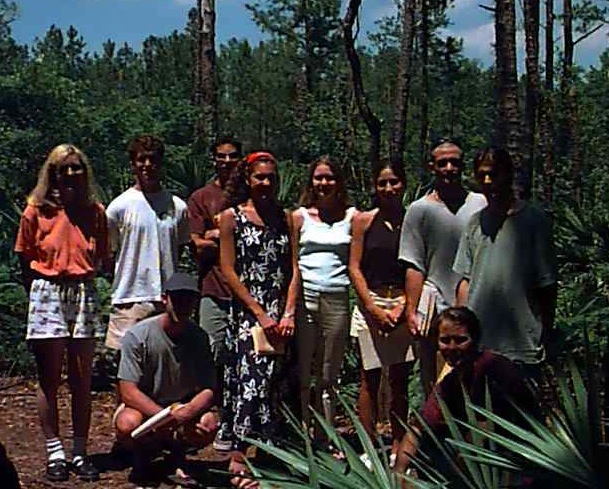 overview: Core
overview: CoreNavigating the site:
This page is a cyber-place to begin any study in my classes. My classes are all about writing and that expression is evaluated based on your critical reading of the assigned texts.
These assigned readings are the focus of our discussions of significant matters concerning human health, ecological integrity and our responsibility for improving the environment.
Core start | web of relations | related parts
Here are threads to understand that each course is layered with a progression from basic to complex information.
We begin by clarifying basic information that defines the scope, breadth and depth of our inquiry. We progress to the different ways to organize information and build arguments.
Then we inquire, in some depth, about competing evidence for different arguments so that we may eventually reflect on what we know.
 This last stage of evaluating stems from active reflection
and is to enable us to create an informed discussion of the human responsibility
for knowledge, for serving one another, and for protecting essential natural
areas. We do this active examination of arguments to evaluate
how effective we are at providing each other with the necessary means
to protect the earth because nature
renders indispensable services to maintain life.
This last stage of evaluating stems from active reflection
and is to enable us to create an informed discussion of the human responsibility
for knowledge, for serving one another, and for protecting essential natural
areas. We do this active examination of arguments to evaluate
how effective we are at providing each other with the necessary means
to protect the earth because nature
renders indispensable services to maintain life.
These naturally derived gratuities are called ecosystem services. People are not truly free unless they recognize our interdependence on these services.
Courses
C O R E
These
intersecting lines represent the relations that exist among important
ideas, which like keystones hold the structure of our knowledge together.
They recall for us Ralph Waldo Emerson's concept of rays of relation that knit together the seen and unseen worlds we inhabit. In this sense ecology connects us in multiple ways to one another, the world, and wildlife.
Rays of relation extend from one thing to another so that reasonable observers see how people, places and things are derived from interdependent actions by one or another symbiotic factors, existing independently from our awareness, yet enable each other to coexist.
John Muir, who was greatly influenced by Emerson reformulated these "rays of relation" when he suggested that when we examine any one item we discover that "everything is hitched to everything else." What he meant was we are all part of–as Fritjof Capra suggests–"the web of life."
Ecology, Population, Charles Darwin, Aldo Leopold, History, Nature, Photographs, Science, Technology, Water, Wilderness, Words
Clarify Organize, Reflect, & Evaluate.
- Ought we to do anything?
- What is the point of what you know?
- How do you make an argument of the evidence?
- When the facts contradict opinions!
- What means do we use to weigh evidence?
- What is a necessary condition for events to be true?
- What is a sufficient cause for something to occur?
- Causes
- Four reasons for related events:
- underlying
- intermediate
- proximate
- ultimate (teleology)
- How well to we know the facts?
- What is worth preserving for posterity?
- How much is enough?



